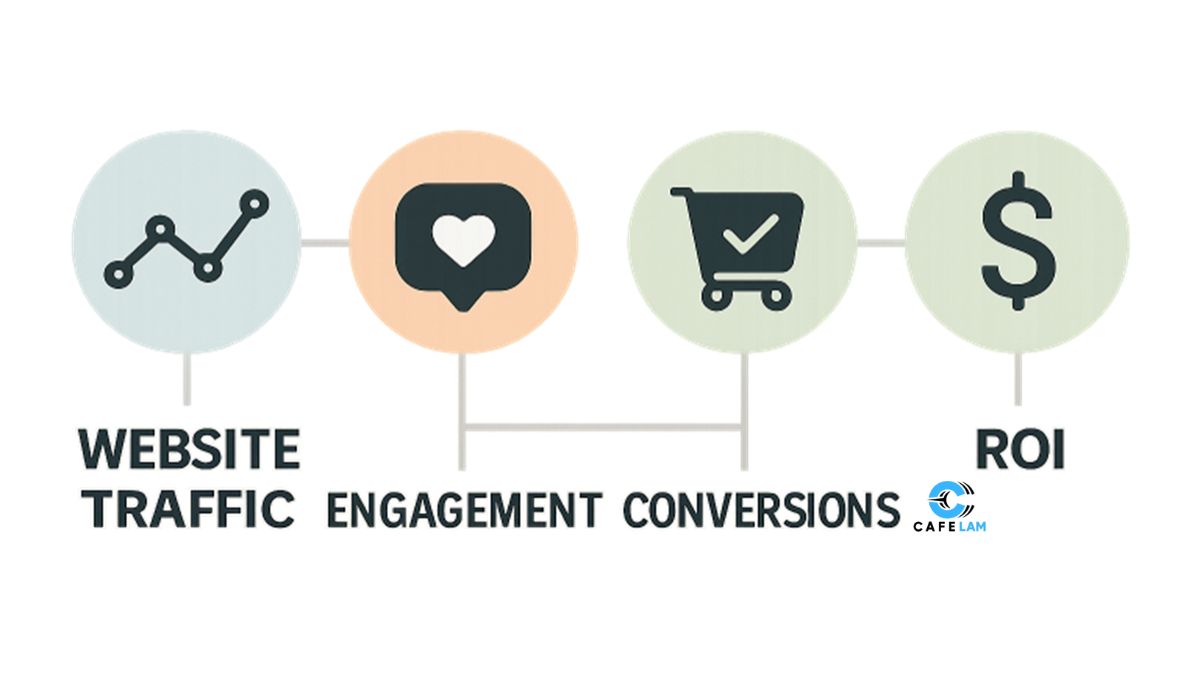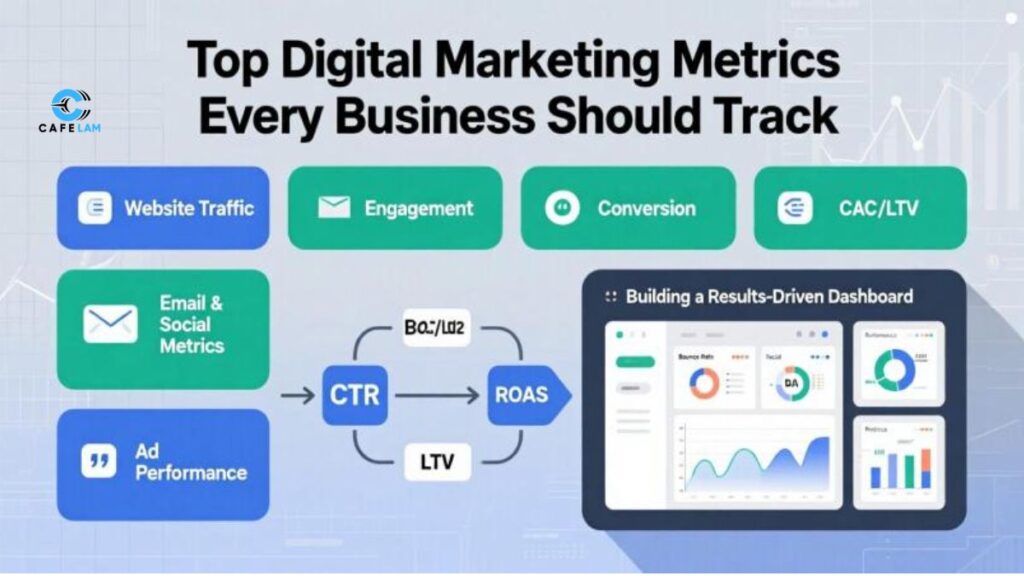Why Tracking Digital Marketing Metrics Matters
In a digital landscape shaped by fierce competition and changing consumer behaviors, tracking the right marketing metrics isn’t just beneficial—it’s essential. Data now drives nearly every successful marketing decision, enabling businesses to pivot quickly and invest strategically. Companies that consistently monitor and interpret their digital marketing data regularly see improvement. To stay ahead, large and small organizations frequently consult the best digital marketing agencies to set up robust tracking and leverage actionable insights for short- and long-term gains.
Website Traffic Metrics: The Starting Point
Understanding website traffic is the foundation of any digital marketing analysis. Key metrics such as sessions, users, and unique visitors reveal how often people interact with your website. Examining traffic sources and channels is equally crucial: Direct, referral, organic, and paid traffic all behave differently and can influence strategic decisions.

Engagement Metrics That Tell The Story
Examine engagement metrics like bounce rate, average session duration, and pages per session to go beyond raw visitor numbers. A high bounce rate may suggest that landing pages need improvement or the wrong audience is being targeted. Long session durations and more pages per session typically point to a high-value user experience and meaningful content.
The definitions and nuances of these engagement metrics continue evolving with updates to the analytics tools.
Conversion Metrics: Turning Visitors Into Customers
The ultimate measure of digital marketing success is conversion. The conversion rate tracks the percentage of visitors who complete a desired action, transforming passive browsers into active leads or customers. Simple conversions may include newsletter signups or contact form submissions, while e-commerce sites track purchases and downloads as actionable conversions.
Customer Acquisition Cost (CAC) and Lifetime Value (LTV)
Achieving sustainable growth hinges on mastering customer acquisition cost (CAC) and lifetime value (LTV). CAC shows how much, on average, you spend to earn a new customer—encompassing ad spend, staff salaries, and marketing overheads. Reducing CAC while boosting LTV can transform a business’s profitability. LTV, by contrast, measures the total revenue a customer brings in throughout their relationship with your business.
Email Marketing and Social Media Metrics
Email marketing remains a cornerstone for direct customer engagement even in an era dominated by search and shopping platforms. Key metrics—open rates, click-through rates, and unsubscribe rates—reveal the effectiveness of email subject lines and content and the overall health of your subscriber list.
Reach, engagement rate (likes, comments, shares), and follower growth are equally important on social media. These KPIs reflect how well your content resonates with audiences and how your brand presence evolves across platforms.
Ad Performance Metrics: PPC and Beyond
Advertising metrics require focused attention for every pay-per-click (PPC), paid social, and display campaign. Monitoring cost-per-click (CPC), click-through rate (CTR), quality score, and return on ad spend (ROAS) ensures businesses can align spend with real outcomes.
Improving ad performance starts with understanding the audience journey, leveraging A/B testing, and aligning creative messaging with business goals. Continual refinement of these metrics secures a competitive edge in the ad landscape, delivering immediate and long-term returns.
Putting It All Together: Building a Results-Driven Dashboard
Maximizing the impact of your digital marketing program depends on having centralized visibility over your KPIs. Results-driven dashboards consolidate traffic, engagement, conversion, and ad platform data to offer a holistic view. Tools enable the creation of custom dashboards, tailored to business goals.
The most effective dashboards update in real time and are customizable for diverse marketing roles, from content strategists to PPC managers. Regularly iterating on your metrics and acting on new insights ensures ongoing improvement and exceptional business growth, solidifying your place in a results-first digital ecosystem.







